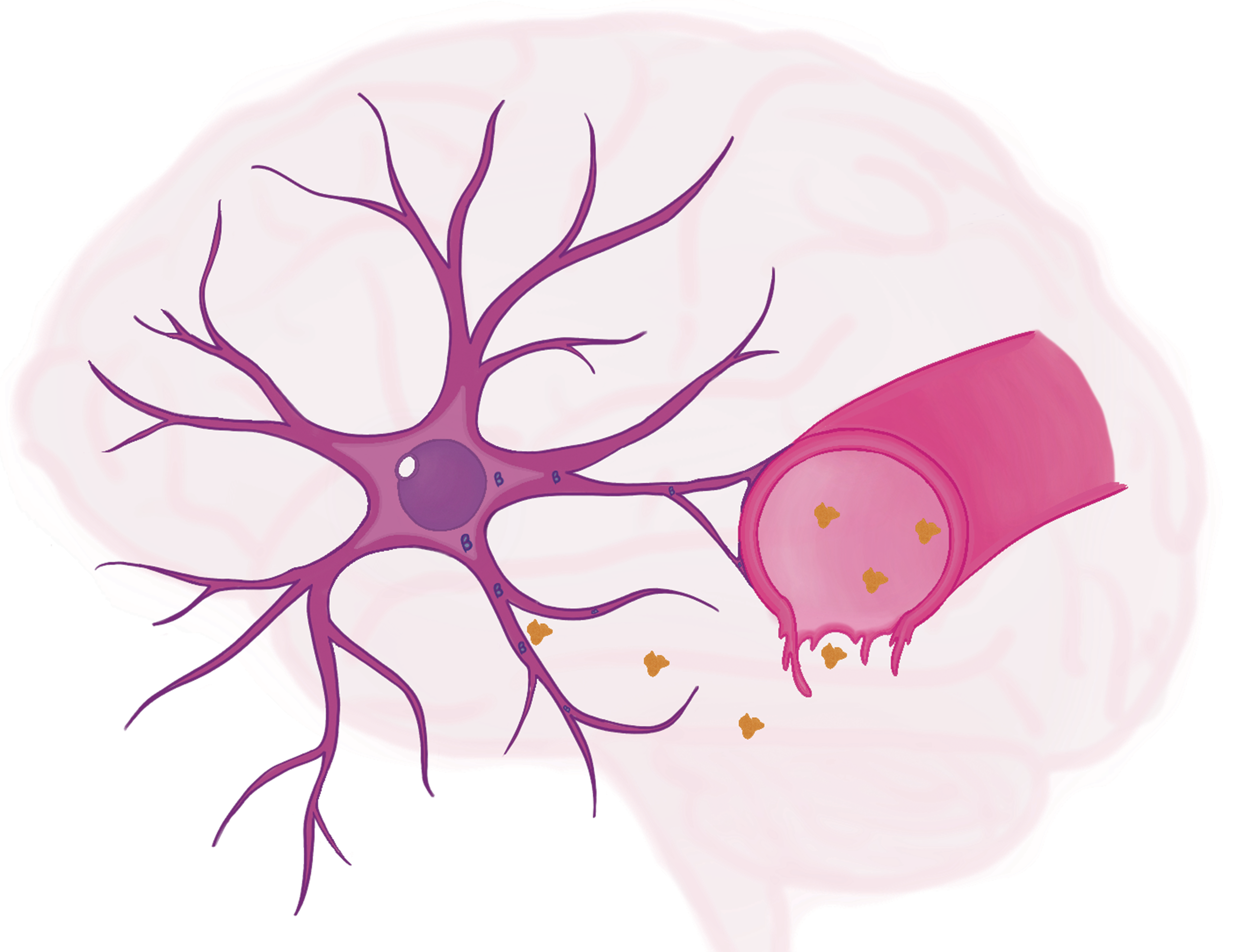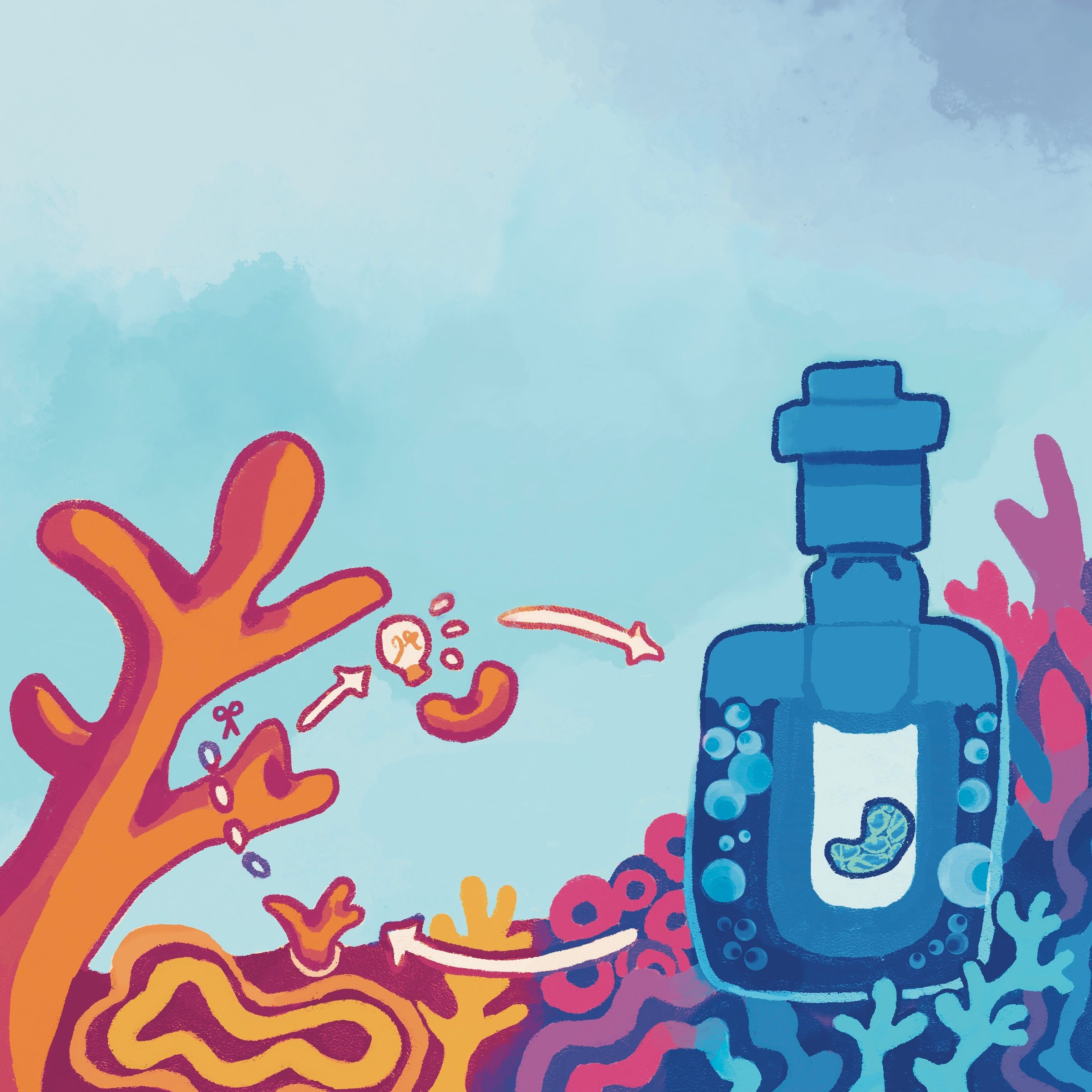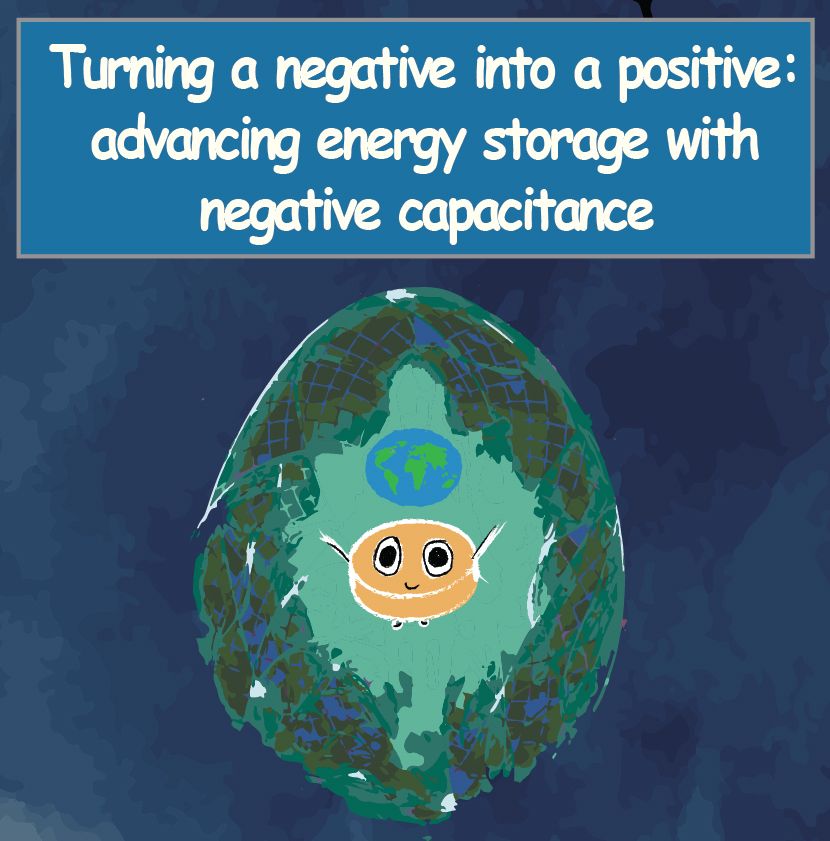Astrocytes: the defenders of the you-niverse

Do you know what the most abundant cell in your brain is? Many people assume neurons, but in fact, it’s astrocytes. Astrocytes are neural immune cells that have a range of functions, from supporting neural development to responding to brain injury. They also help form the blood-brain-barrier (BBB), a selective membrane around the brain’s blood vessels that protects the internal neural environment from pathogens or toxins. Neurodegenerative disorders, such as aging and Alzheimer’s disease, cause BBB breakdown, which exposes the brain to toxic compounds and later results in astrocyte senescence, or early cell death. Now, researchers at UC Berkeley are asking: what links neurodegeneration, BBB disruption, and astrocyte senescence?
Dr. Daniela Kaufer’s lab in the Department of Integrated Biology recently uncovered a potential mechanism connecting BBB disruption and early astrocyte death. They hypothesized that albumin, a protein in the blood responsible for carrying molecules such as hormones and enzymes, may play a key role. When the BBB is disrupted, albumin moves from the bloodstream into the brain and induces an immune response, which in turn may trigger astrocyte senescence. To study this, the researchers exposed astrocytes that had been isolated from baby rats to albumin. The astrocytes expressed markers for senescence and had increased levels of transforming growth factor beta 1 (TGFβ), a protein involved in the regulation of senescence. The researchers then blocked TGFβ receptors in these isolated astrocytes and found no astrocyte senescence. When researchers did the same experiment in live mice, they found similar results where the astrocytes remained healthy, suggesting that blocking TGFβ may protect against early astrocyte death.
This article is part of the Spring 2023 issue.





